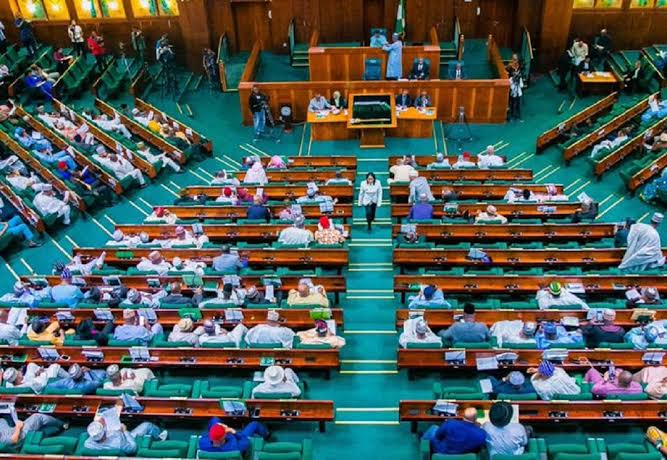We now have a complete list of 46 proposed new states in Nigeria, officially submitted to the House of Representatives Committee on the Review of the 1999 Constitution.
These proposals came from interest groups across all six geopolitical zones and were part of a broader national constitutional review that also includes 117 demands for new local government areas.
These demands for the 46 new states proposed, highlight growing agitation for inclusion, representation, and equity in the country’s political structure.
All Regions Demand More States
From the North to the South, every region submitted state creation proposals.
The North Central zone led with requests for Edu, Okun, Okura, Lowland, and Abuja State, among others.
The North East followed closely, demanding states such as Amana, Sardauna, Kwararafa, and Savannah.
These proposed entities aim to better reflect the region’s diverse ethnic makeup and governance needs.
In the North West, communities asked for Gurara, Gobir, Hadejia, and Tiga states.
Supporters argue these changes will help ease the burden on overcrowded capitals and ensure equitable development.
The South East, with only five states currently, called for Adada, Aba, Etiti, Njaba, and Orlu.
They insist this imbalance limits fair representation and must be corrected.
Meanwhile, the South South proposed Bori, Atlantic City, Warri, Iwuroha, and Obolo states.
According to stakeholders, these areas suffer neglect under the current structure.
In the South West, the list included Ijebu, Oke-Ogun, Oduduwa, and Ijesha states.
Their advocates believe that smaller administrative units will fast-track grassroots development.
Why These Proposals Matter
Nigerians pushing for 46 new states proposed states argue it is the best way to fix marginalization.
They believe this approach will bring governance closer to remote areas and create space for neglected groups.
Furthermore, many communities feel sidelined in national decisions.
By creating additional states, they expect more representation in federal institutions and improved resource allocation.
However, not everyone agrees. Some experts warn that creating more states could expand government size, increase costs, and strain the national budget.
Even so, the volume and urgency of these demands suggest that frustrations are deep and widespread.
Clearly, the call for restructuring is gaining momentum again.
What Comes Next?
Despite the enthusiasm, creating new states in Nigeria remains a complex process.
The constitution requires approval from two-thirds of the National Assembly and state assemblies.
This means that political negotiations will play a major role. Proposals may be rejected or delayed depending on regional interests and power dynamics.
Still, Nigerians have spoken. With 46 new states proposed in Nigeria, the pressure on lawmakers to act has never been higher.
Whether these states materialize or not, the conversation about equitable federalism is far from over.







